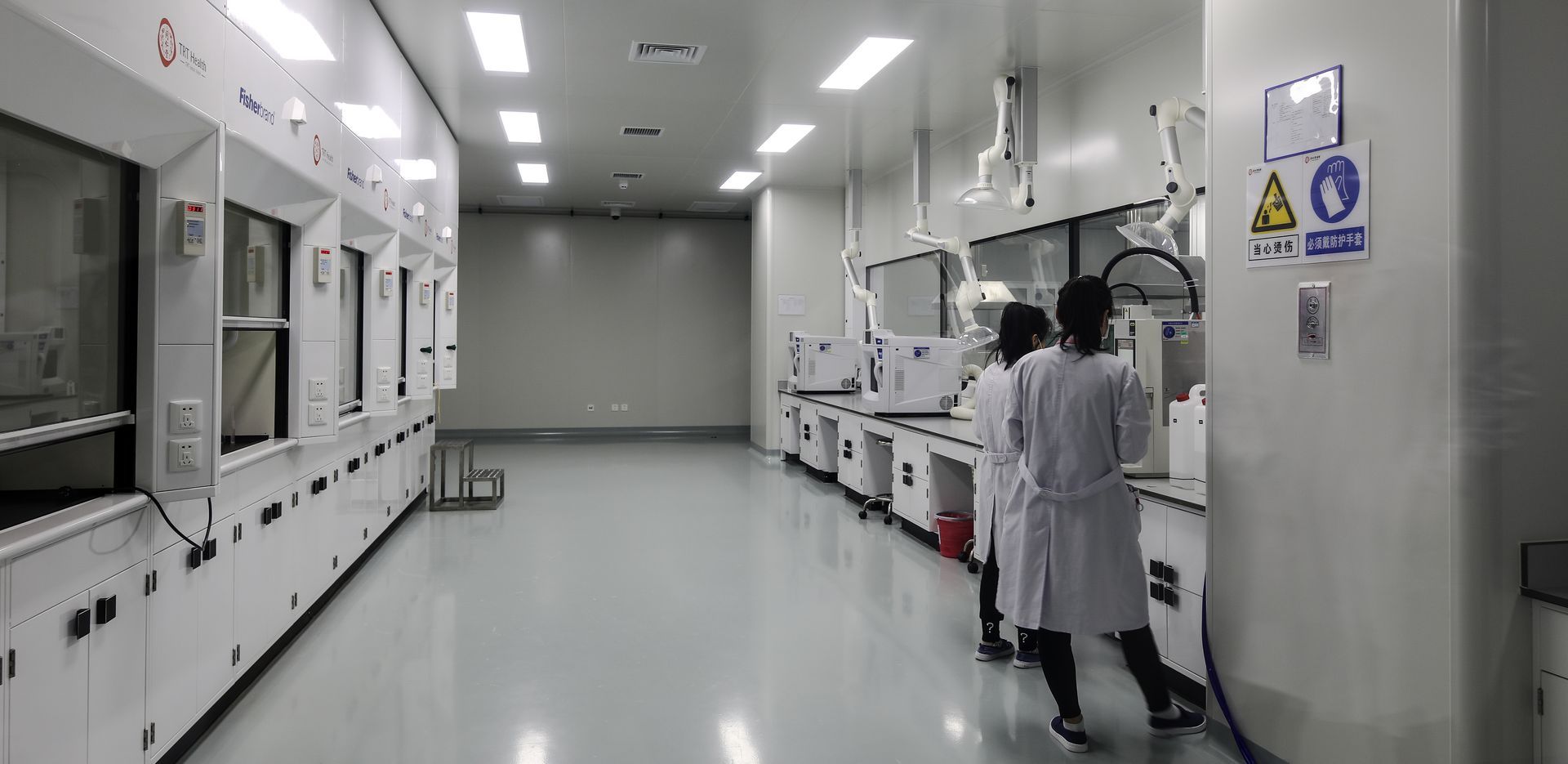Lab Asset Management for
Venture Capital & Real Estate
How Does an Asset Manager Save Money for Investors?
Aside from the laboratory’s personnel, its instrumentation is its most important tangible asset. As laboratory operations are extremely complex and instrumentation requirement profiles constantly change, the required skills to properly manage those assets should not be underestimated.
A methodical, systematic, and cost-efficient approach to managing a laboratory’s assets protects the investment made to fund that goal.
A qualified laboratory asset specialist will implement a programmatic approach to asset management from the beginning of the project and support the effort of maintaining not only those tangible assets, but the efforts of laboratory personnel to achieve their business and science goals throughout the laboratory’s life cycle.
How Important Is It to Have an Asset Manager from the Start?
As a venture capitalist, controlling costs and mitigating risks are important factors in determining the success of the investment. As a result, bringing on a lab asset manager right at the start of the project is essential.
Proper planning of the management of the assets should harmonize with the planning of the lab, as decisions made in the beginning phases of the project will affect operational cost savings and efficiencies throughout the life of the business. Managed maintenance of the assets begin the moment those assets are required to support the business. Venture capitalists and laboratory asset manager specialists share the same goal: performance and protection of those assets.
A qualified lab asset manager can assist in making the proper decisions on how a laboratory’s instrumentation will be sourced, maintained and managed throughout their life cycle, which can determine the success of the business and whether needed drugs, products, innovation, and cures get to market.
What Does a Laboratory Asset Manager Bring to My Investment?
Setting up and outfitting the laboratory and the procurement of assets that are suitable to the scientific mission that are reliable, cost effective and effectively maintained is a key function of a lab asset specialist. This is particularly critical in the startup phase, as there is rarely much redundancy budgeted at this stage.
A qualified lab asset manager is an invaluable resource in the procurement process when it comes to evaluating both new and reconditioned assets, bringing an in-depth understanding of the market and its technology while optimizing available funds, allowing lab personnel to focus on their science.
Lab asset specialists, as part of their expertise, can also provide logistical and engineering support and set up tiered service agreements that are harmonized to the operational requirements of the laboratory.
As successful laboratories relocate an average of every three to five years, a qualified lab asset management team can also manage a laboratory’s expansion or relocation project. Working in conjunction with the owner's project manager, a lab asset manager can be an invaluable resource, by offering advice and guidance to the client group and design and engineering teams, taking the burden off the client group and its investors.
How Are the Cost Savings of an Asset Management Program Determined and Can a Start-Up Afford It?
There are multiple factors that are considered when determining the cost savings of an asset management program. A qualified lab asset specialist will be able to provide a detailed cost study as it applies to the lab.
Factors such as the scope of work, number of assets being managed, and the specific needs of the laboratory are just a few of the items considered in an operational and cost savings analysis. The analysis should also include a combination of varying levels of service, specific to the needs of the lab.
If the outsourced asset manager and laboratory are properly matched, additional cost savings and operational efficiencies will be realized due to the asset manager’s relevant instrumentation experience, ability to effectively communicate “cross silo” within laboratory groups and business units, with a comprehensive, harmonized understanding of how the laboratory operates.
Facility Managers
Facility managers already have full time jobs. Learn how a lab asset manager can make life easier.
Architects & Engineers
Discover how a lab asset manager can control costs and mitigate risks.
Lab Management
Discover the importance of hiring a lab asset manager with the required skills to properly manage your assets.
Related Content
Subscribe To Our Newsletter
We will get back to you as soon as possible.
Please try again later.



